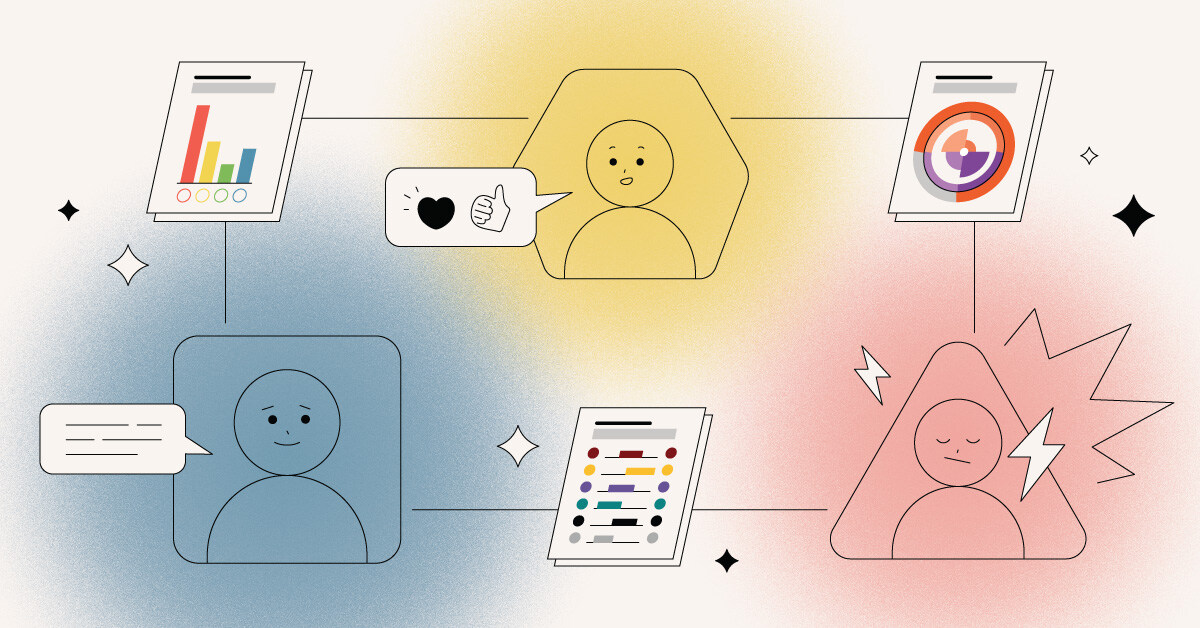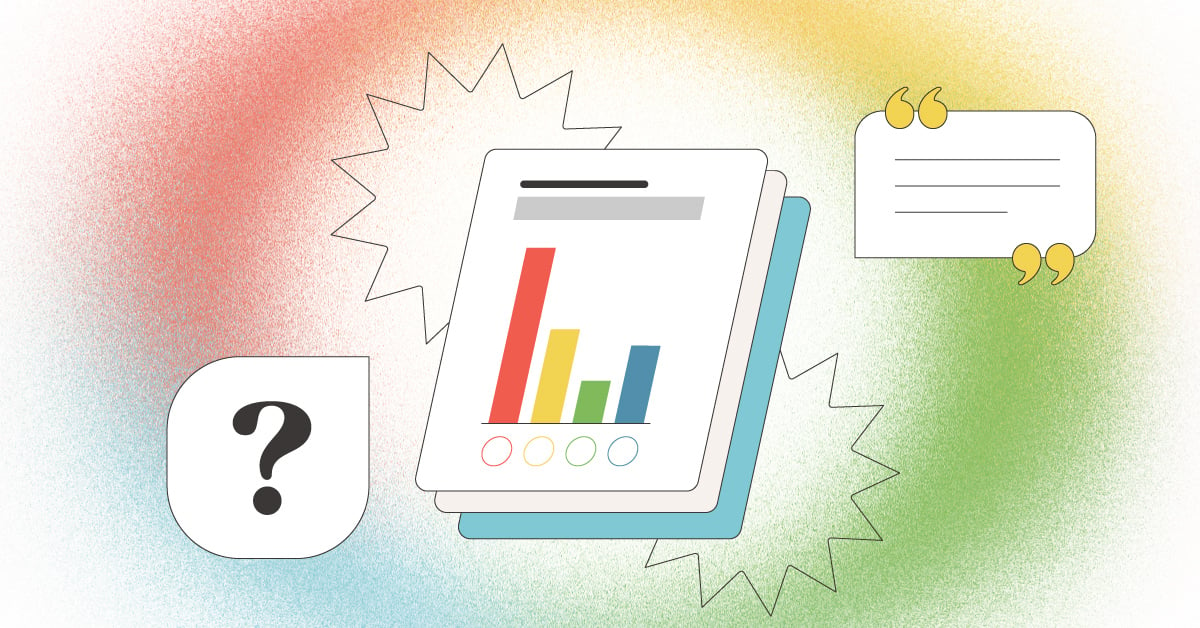
If you're looking for greater success in hiring and retention, improved communication, and enhanced employee productivity, there is one tool that can give you the insights to make it all happen: a science-backed assessment.
Assessments are the ultimate self-awareness tool, giving your employees deeper understanding of themselves and their coworkers. When used strategically in an organization, they not only increase awareness, but also inspire the kind of change that builds strong cultures, enhances efficiency, and impacts the bottom line. Assessments are your key to moving forward, but not all assessments are created equal! Here is your comprehensive guide on using assessments in the workplace.
What Types of Assessments Are There?
Your first step is to determine what you want to measure. Do you want to understand what energizes your team? Are you looking for insight regarding behavioral patterns? Is emotional intelligence an area of opportunity in your organization?
It’s important to note that assessments cannot be cheated or failed, as they simply reveal and clarify whatever aspect of an individual is being measured.
Essentially, assessments measure skills and abilities to uncover insight and improve self-awareness. Their effectiveness is not limited to professional development; assessments are excellent tools for personal development as well.
Here are five common types of assessments and what they help measure:
Behavioral assessments measure an individual’s observable behavior, or ‘how you do what you do’. TTI offers DISC as a behavioral assessment.
Motivational assessments measure an individual’s motivation, or ‘why you do what you do’. The 12 Driving Forces assessment measures the motivation (and strength) behind behaviors using six different motivators.
Emotional intelligence assessments measure emotional intelligence (EQ), which is the ability to sense, understand, and effectively apply the power of acumen to facilitate higher levels of collaboration and productivity. The EQ assessment measures five dimensions of emotional intelligence.
Skills assessments measure an individual’s personal skills. TTI offers the Competencies (DNA) assessment, which looks at an individual based on how they score on research-based skills required by any job.
Capacity assessments measure an individual’s capacity to see the world and themself clearly. What is their capacity to understand people, tasks, and systems, as well as themself, others, and the future? TTI uses the Acumen Capacity Index (ACI) report to measure how a person thinks or processes information. The ACI report is based on a science called axiology.
You can use a single assessment or multiple assessments. Using more than one assessment lets you leverage the benefits of a multi-science approach. When you use multiple types of assessments, you unlock truer understanding and deeper insights. No person can be summed up by a single assessment; a multi-science approach gives you a more accurate, detailed look at individuals, teams, and organizations.
How Can You Use Assessments at Work?
A common way to use assessments is during the hiring process, but they have a much wider application than that. Assessments can be used in multiple ways to great effect.
Use assessments to:
Improve Employee Retention
Invest in your team’s development and happiness in their roles by helping them increase their understanding of themselves and others. A workplace where employees feel seen and understood is a key part of retention.
Increase Hiring Accuracy
As mentioned, hiring is commonly considered the primary use for assessments in the workplace, and for good reason: the data from job benchmarking can help find the perfect fit for every position.
Promote Productivity
Use assessments to access a shared vocabulary and understanding of your team’s behavior to cut down on misunderstandings and conflict.
Advance Workplace Engagement
Increase understanding and improve engagement by investing in your employees. Use assessments to focus on employee development will contribute to their well-being and help them feel valued, increasing their dedication to their work.
Reduce Destructive Stress
A reported 83% of surveyed workers suffer from workplace stress, and the results of that stress can be extreme on their productivity, work quality, engagement, and health. Using assessments in the workplace can empower employees to reduce stress through improved conflict resolution and more specialized communication.
How Should Assessments be Administered?
Assessments should be administered by a coach or consultant familiar with the tool. At TTI, we have a review process called a debrief, where a trained team member digs into the assessment results with the respondent and explains what their responses mean, as well as how they can use that information in their professional and personal lives.
“Assessments aren’t a magic solution or an easy answer … they are a tool to be thoughtfully utilized to help everyone on your team make better decisions in every interaction,” we’ve shared. “They’ll give you the answers about why and how people operate, but how your team and leadership decide to implement that information will make all the difference.”
Make sure that you’re not taking assessments too frequently; TTI states that they should be taken no more than every 12-18 months. Taking them often can result in less accurate results and incorrect insights. Assessments should be re-taken after major life events, like job changes, marriages, moves, or global events.
Wait three to six months after those major events to let circumstances stabilize. (This is because major life events can change your behavior, motivation, and more! Your priorities might shift when you become a parent, or your behavioral patterns are different after getting settled in a job.)
Using Assessments in the Workplace to Your Advantage
Assessments are invaluable tools when utilized correctly. The quality and implementation of the assessment are both crucial for success, as is a plan for the use of the insights it reveals.
Choosing the right assessment, working with a trusted consultant, and considering a multi-science approach are crucial for achieving successful outcomes.
If you’re ready to start using assessments in the workplace, TTI is here to help. Connect with us to get started and spark transformative experiences in your workplace.




